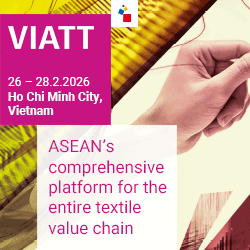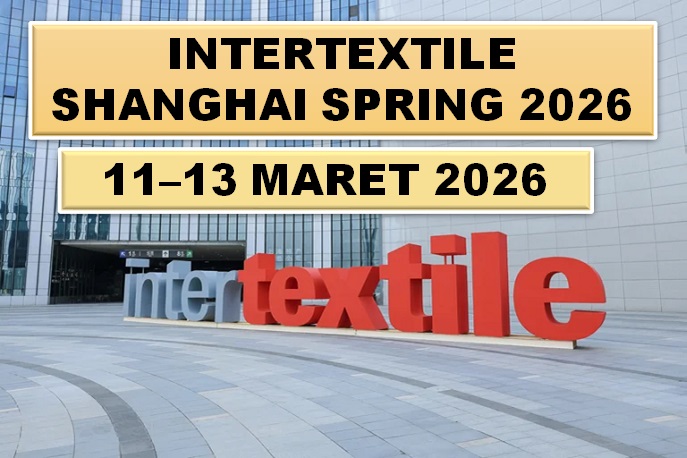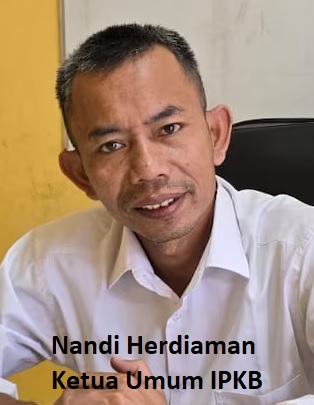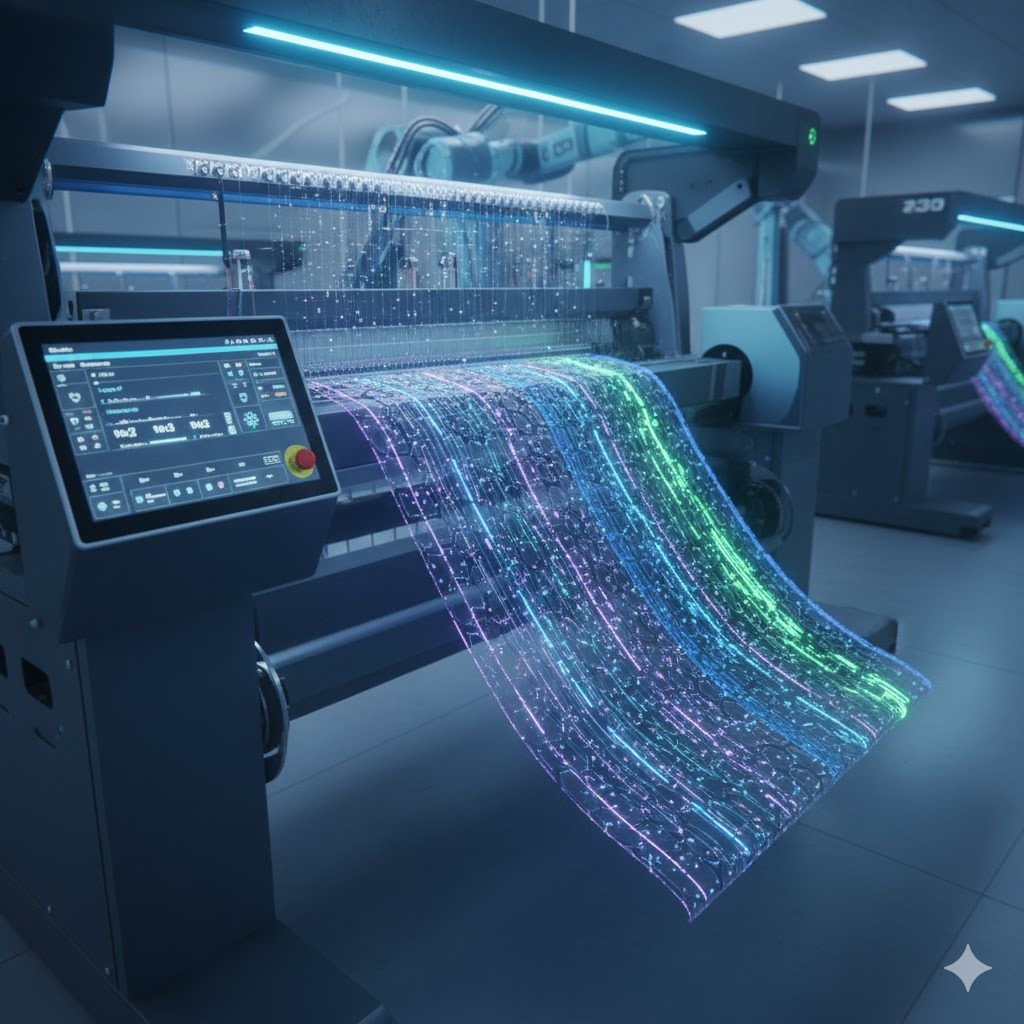In recent years, Indonesia has continued to experience a significant trend of increasing imports of textiles and textile products (TPT). Starting in 2015, Indonesia imported up to US $ 7.98 billion of TPT from various countries. That figure slowly increased in 2016 to US $ 8.16 billion and 2017 to US $ 8.80 billion.
Then, the surge occurred in 2018 to US $ 10.02 billion. Then it fell slightly to US $ 9.38 billion in 2019, and to US $ 7.20 billion in 2020, but exports also experienced a slowdown.
In 2019, Indonesian textile exports fell from US $ 13.22 billion to US $ 12.83 billion, and fell further in 2020 to US $ 10.55 billion. This growth slowdown will continue until the first quarter of 2021.
When viewed in more detail, namely from the growth in monthly value, imports of textile and textile products continue to increase compared to exports.
"In terms of our export and import values, if compared, the export value has decreased relatively, but the import value has actually increased significantly, if we look at the data per month (2020) it continues to increase," said a Senior Economist at the Institute for Development of Economics and Finance. (INDEF) Enny Sri Hartati.
Enny explained that there are several factors in the increase of textile imports in Indonesia. First, Indonesia, which is the fourth most populous country in the world with a population of 270 million, is the target market for textiles from various countries, especially world textile producers.
One of them is China, which in 2019 controlled 31.85% of the world's total textile exports valued at US $ 260 billion. So it is not surprising, China is also the country that imports the most TPT into Indonesia followed by Thailand.
"The trend of increasing imports, which has experienced a very significant increase, is precisely in the textile products or apparel," he said.
The finished clothes in question include casual and formal tops, bottoms, overalls, outwear, headwear, baby clothes, and even various Muslim products, many of which are imported, such as robes, koko clothes to hijab
The second trigger, continued Enny, which causes textile imports to increase is the regulatory problem which is considered to be still pro-import, especially finished materials.
"For example in textile raw materials, the government has indeed implemented what is called a safeguard or additional tariff security, in addition to the imposition of safeguards, of course this is data regarding the growth in the power of upstream investment rates, because the safeguards for the upstream industry, while in the downstream side there are no safeguards at all. Even for imports that we have ratified the FTA, such as those from China, Thailand, Vietnam, it is zero percent, "he said.
The third trigger is about investment. Lack of security on the downstream side sparked bad sentiment on investment. Finally, investment realization on the downstream or clothing side is still low. This in turn can cause new problems, namely that it can erode the TPT IKM as well as the workforce in it.
"Indonesia's demographic bonus should be used to increase foreign exchange by protecting the domestic market from excessive imports. This will provide market certainty for the domestic textile industry, especially IKM, because the domestic market is the main market for IKM," he added.
On the same occasion, Apparel Industry Actors from Pekalongan, Central Java, Andrew Muljono shared his challenges in facing the onslaught of imports. According to him recently, consumption of textile products has started to increase compared to 2020. However, the increase in consumption of textile products has been mostly enjoyed by imported textile products.
"Consumption is really rising, not wrong, but it is not us SMIs who enjoy it, most of the imports," said Andrew.
Andrew agrees with Enny that his business units feel that the security on the downstream side is still lacking or even imperceptible, this is what makes imported goods free to enter the Indonesian market.
"The safeguard in the upstream is already done, but not yet in the downstream garment, and I agree with Ms. Enny that it is reversed, the garment should be given protection, given a safeguard," he added.
According to him, if imported TPT were allowed to smoothly enter the Indonesian market, there would be many IKMs that would be threatened with bankruptcy.
"Currently there are a lot of garment IKMs, apparel products, which are already deflating, which may be difficult to survive until next year, even though the future consumption should improve, IKM should benefit," he said.
Andrew rejects the assumption that the quality of IKM products is inferior to imports. In fact, since the crowd has turned to e-commerce, IKMs are working on improving themselves.
"Online is sensitive to quality, so actually with the rise of online, our IKM is forced to improve in all respects, from quality, price and everything, but the invasion of imports that enter is not only new clothes but also used clothes, that's quite a lot," he said.









